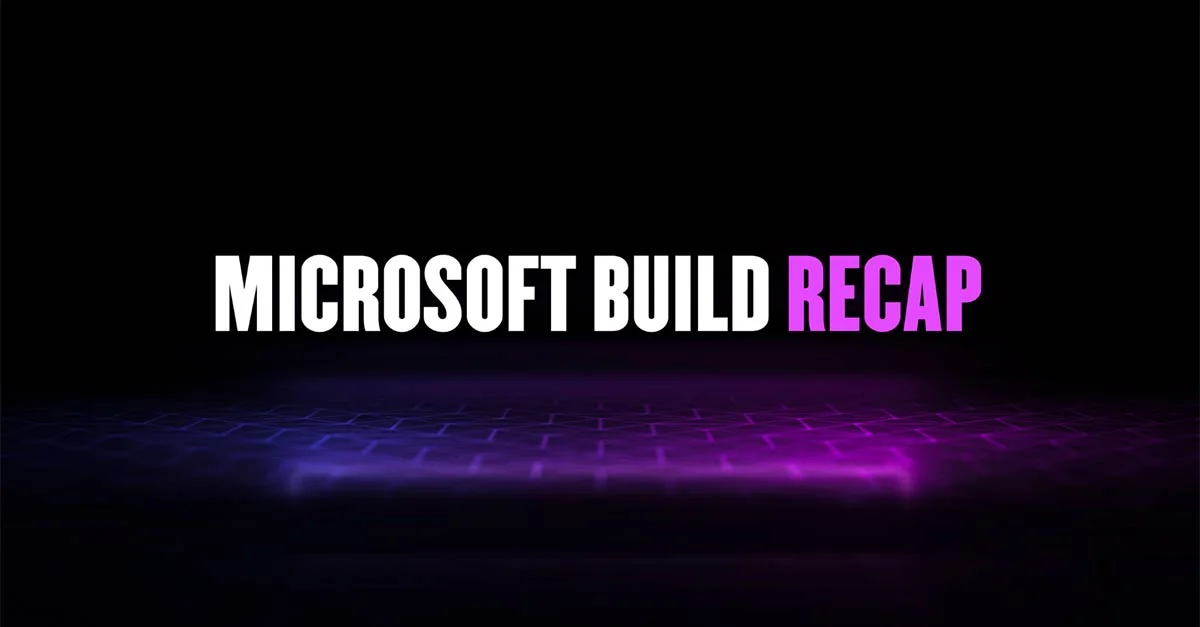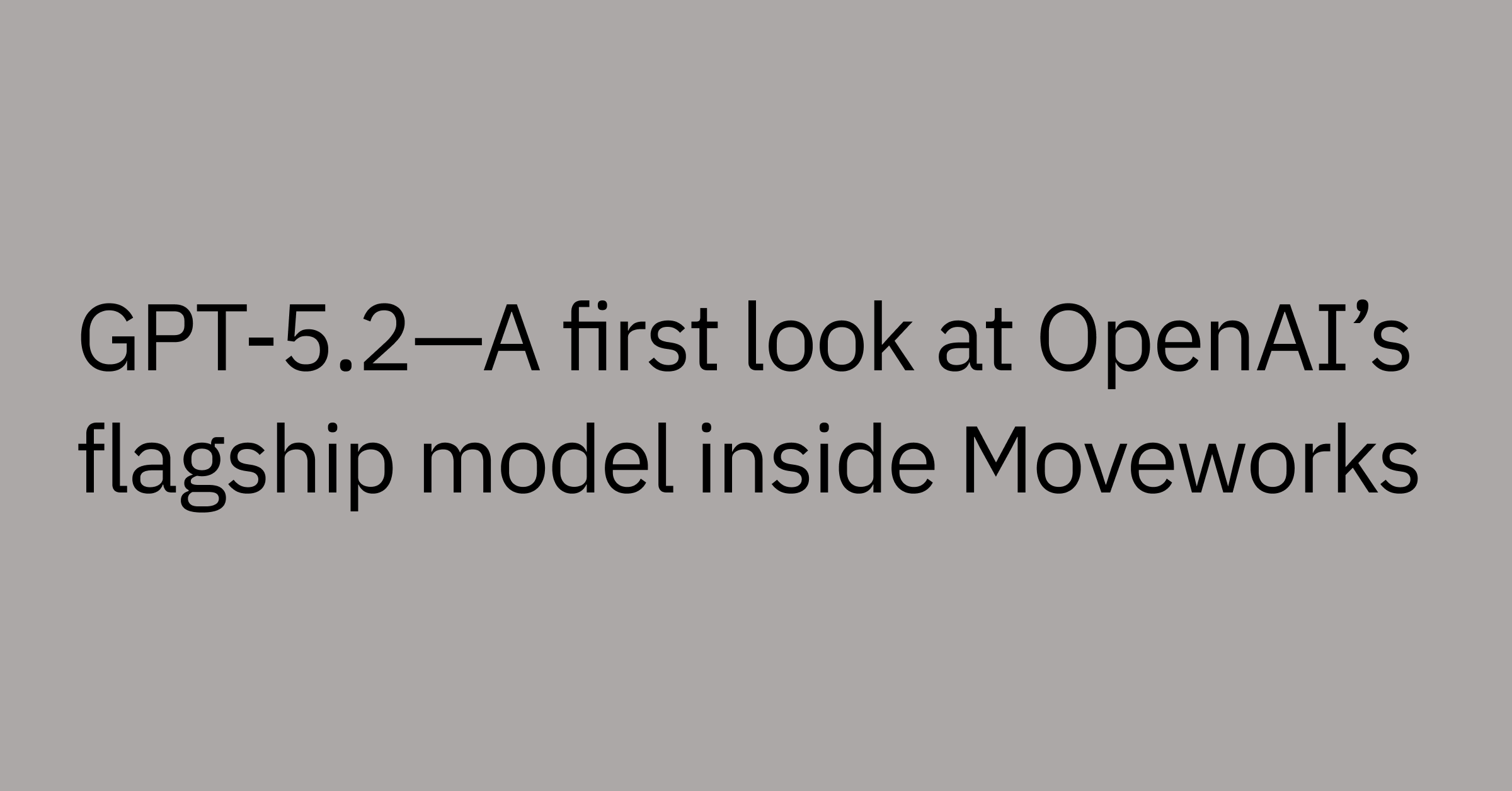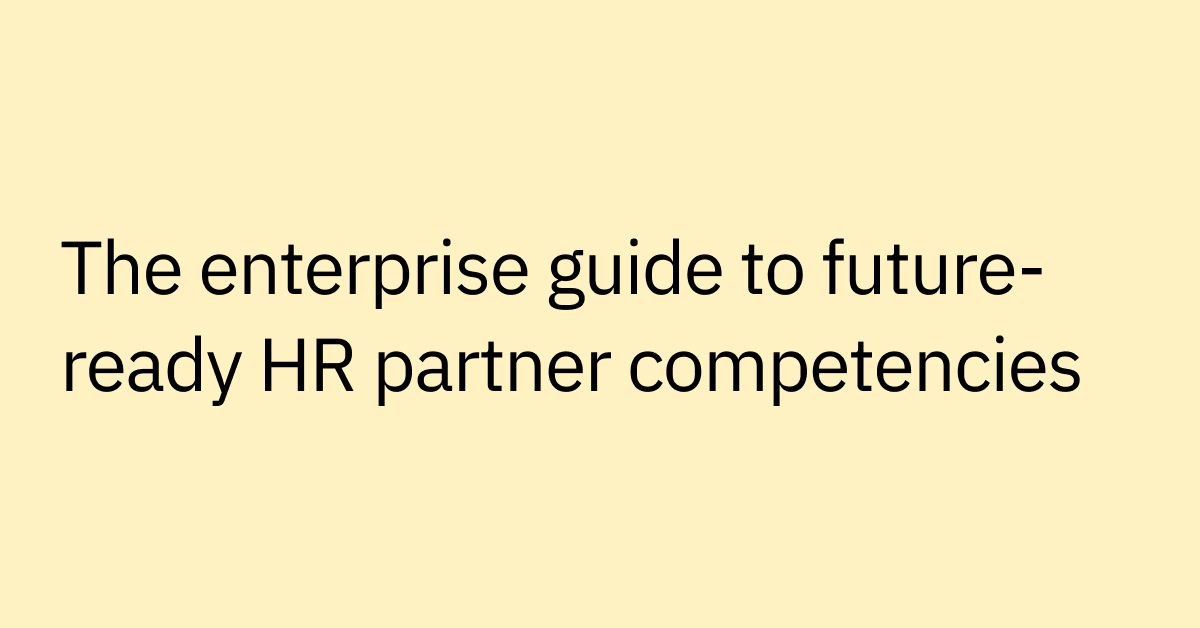Table of contents
Moveworks shares four key takeaways on the latest innovations in AI, user experience, and plugin updates within the Microsoft ecosystem.
In a world where AI has transitioned from a "nice-to-have" to a necessity, Microsoft's recent investment of $10 billion in OpenAI exemplifies its readiness to challenge competitors and make a lasting impact in the search technology landscape. This dedication was made abundantly clear at Microsoft's annual developer conference, Build 2023, which showcased an array of announcements, reflecting the company's unwavering commitment to investing in generative AI technology.
Today, we’ll recap notable sessions and announcements, delving into exciting developments within Microsoft's ecosystem. Join us as we explore how these innovations enable businesses to excel in an increasingly competitive landscape:
- Integrating Bing with ChatGPT
- Windows Copilot
- Innovative plugins
- Azure AI Studio
Integrating Bing with ChatGPT
The tech landscape continues to experience intensified competition, with Microsoft's Bing taking significant strides to optimize its capabilities. The recent Microsoft Build event showcased the integration of Bing with ChatGPT, a collaboration that promises vastly improved answer results by ensuring up-to-date information sourced directly from relevant web pages.
Microsoft also announced a range of exciting new features for Bing Chat, as well as support for plugins and an open preview that eliminates waitlists. Here's a quick overview of just some upcoming features:
- Chat history support
- Export and share functionality
- Improved summarization of longer documents and webpages
- Bing Image Creator support for over 100 languages
These innovative developments within Bing Chat illustrate Microsoft's commitment to providing users with a comprehensive and efficient search experience through cutting-edge advancements in technology.
Windows Copilot
Microsoft aims to elevate user experience with the introduction of the Windows Copilot. This innovation transforms every user into a Windows power user by enabling them to engage in tasks such as launching focus sessions, switching to dark mode, and silencing notifications.
Windows Copilot also offers interoperability with plugins, as demonstrated by using the Spotify plugin to play a focus playlist at Build. This cutting-edge AI tool is designed to improve efficiency across various applications by generating suggestions, automating tasks, and offering real-time assistance during meetings. It also adapts to new skills and tasks, adhering to Microsoft's security, compliance, and privacy standards.
The Windows Copilot is under testing with a selected group of customers, and its widespread release will demonstrate Microsoft's commitment to changing how users interact with technology and boosting productivity across industries.
New Microsoft plugins
Microsoft has unveiled an innovative collection of plugins designed to work seamlessly with both Windows Copilot and Microsoft 365 Copilot. With 50 plugins ready for launch, including Moveworks, and even more in development, Microsoft aims to simplify the process of creating additional plugins using low-code techniques.
Build featured an example with an employee working on a legal document and using the Microsoft 365 Copilot. By calling on a Thomson Reuters plugin, the integration enabled effortless understanding of California law and facilitated content insertion directly into the Word document. As we move forward, it's essential to consider plugins in the same light as app marketplaces, as they are fast becoming a crucial part of the industry landscape.
Despite other companies undoubtedly launching their own plugins, it’s vital to understand that plugins are designed to fulfill specific tasks and do not encompass an entire application. Instead, they generally cater to their unique use case and aren't designed to work collectively or take action across numerous enterprise systems.
Azure AI Studio
Microsoft's Build event unveiled the Azure AI Studio, a comprehensive tool for developing the next generation of AI models. With Azure AI Studio, developers can create AI apps and copilots by using data from Azure or importing it.
The platform aims to offer a full-cycle tool for building, customizing, and deploying conversational experiences. Developers now have access to models from Hugging Face and other open-source platforms — an advance from previously being limited to OpenAI models.
Though Azure AI Studio might entice companies willing to build their use cases and copilots, it’s crucial to remember that building AI copilots and use cases is not an easy task. Even developing a single use case demands technical expertise, time, maintenance, and resources. And building multiple use cases, chaining them together, creating a reasoning engine, fine-tuning, securing, and integrating them to achieve more specialized output is an extremely complex and challenging process. Most companies will struggle to build and maintain a solution with the value and efficiency that a more enterprise-focused AI provides out of the box.
Microsoft and Moveworks are all in on AI
Microsoft Build 2023 delivered a rich array of ground-breaking announcements, emphasizing the tech giant's commitment to innovation in AI, user experience, and plugin advancements within their ecosystem.
These developments have the potential to significantly impact businesses globally as we continue to rely on technology to excel in an increasingly competitive landscape. We realize that these offerings may present new opportunities, and Moveworks remains focused on delivering unparalleled value to its users by addressing the unique needs enterprises continue to face.
Now and in the future, we can expect Microsoft's continuous innovations to redefine the way we interact with technology and elevate productivity across various industries.
Request a demo to see how your business can use conversational AI.



